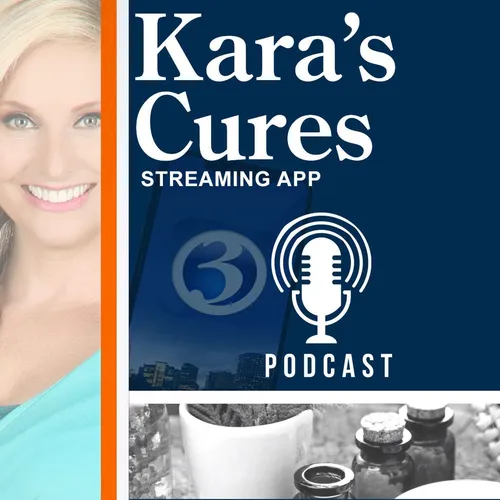ADHD Emotions-Why are They So Big?
- Author
- Kara Sundlun ([email protected])
- Published
- Wed 08 May 2024
- Episode Link
- https://play.cdnstream1.com/s/graymedia/kara-s-cures-57e324/adhd-emotions-why-are-th-1a2165
Dr. Laura Saunders from Hartford Healthcare's Institute of Living talks about Emotional Dysregulation with ADHD. Here are her notes to help us understand why people with ADHD struggle with emotional regulations ns the skills that can help.
Is Emotion Dysregulation part of ADHD?
Flying off the handle. Flipping your lid. Melting down.
Any way you say it, when emotions get out of control, it’s hard for everyone involved - especially when ADHD is part of the picture.
More and more teenagers and adults are turning to social media to share their experiences living with attention-deficit/hyperactivity disorder (ADHD). One regular theme is the idea that people with ADHD feel emotions more intensely than others.
Emotional dysregulation is a common characteristic of ADHD, but there are strategies that can help you manage your emotions more easily. Practice identifying and naming your emotions; it can be a surprisingly effective way to reduce the intensity of difficult or frustrating feelings.
It is worth noting that emotional dysregulation is a complex issue, and the cause of emotional dysregulation in ADHD individuals can be multifactorial.
There are several signs and symptoms that may indicate that someone is experiencing.
There are several signs and symptoms that may indicate that someone is experiencing emotional dysregulation. These include:
· Difficulty managing anger
- Individuals with emotional dysregulation may have trouble controlling their anger and may become easily frustrated.
· Rapid mood swings
- Individuals with emotional dysregulation may experience sudden and intense changes in mood, often with no apparent trigger.
· Overreaction to minor events
- Individuals with emotional dysregulation may have an excessive emotional response to small or insignificant events.
Difficulty calming down after becoming upset
- Individuals with emotional dysregulation may have trouble calming down once they have become upset, and their emotions may continue to escalate.
Impulsive behavior
- Individuals with emotional dysregulation may act impulsively without considering the consequences of their actions.
Self-harm or suicidal thoughts
- Individuals with emotional dysregulation may engage in self-harm or have suicidal thoughts as a means of coping with overwhelming emotions.
Difficulty in maintaining relationships
- Individuals with emotional dysregulation may have trouble maintaining relationships due to their impulsivity, difficulty managing emotions, and trust issues.
Difficulty in academic and work settings
- Individuals with emotional dysregulation may have difficulty in academic and work settings due to their impulsivity, difficulty managing stress and anxiety, and difficulty with time management.
Despite the neurological differences in the ADHD brain, it is possible to improve emotional regulation through a variety of interventions and strategies, including:
1. Social skills training
2. Mindfulness practice
3. Cognitive Behavioral Therapy
4. Medications
Other strategies include:
1. Develop a daily routine – provides structure and predictability
2. Exercise – Can improve overall mood and reduce feelings of anxiety
3. Sleep and nutrition – Adequate sleep can improve overall functioning.
Thank you for listening, please share and subscribe! Follow me on social media @karasundlun.
For more info and requests for speaking visit www.karasundlunmedia.com
